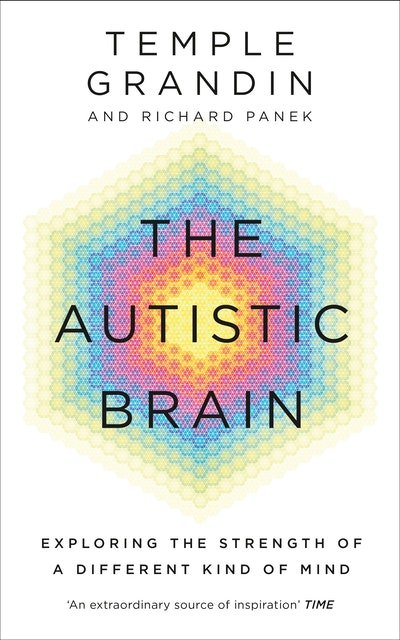- Published: 1 April 2014
- ISBN: 9781846044496
- Imprint: Rider
- Format: Trade Paperback
- Pages: 256
- RRP: $32.99
The Autistic Brain
Exploring the Strength of a Different Kind of Mind
- Published: 1 April 2014
- ISBN: 9781846044496
- Imprint: Rider
- Format: Trade Paperback
- Pages: 256
- RRP: $32.99
An extraordinary source of inspiration for autistic children, their parents - and all people.
Time
The Autistic Brain can both enlighten readers with little exposure to autism and offer hope and compassion to those who live with the condition.
Scientific American
Grandin has reached a stunning level of sophistication about herself and the science of autism. Her observations will assist not only fellow autistics and families with affected members, but also researchers and physicians seeking to better understand the condition.
Jerome Groopman, The New York Review of Books
Grandin has helped us understand autism not just as a phenomenon, but as a different but coherent mode of existence that otherwise confounds us…She excels at finding concrete examples that reveal the perceptual and social limitations of autistic and "neurotypical" people alike.
New York Times


